In our last article on cars, we discussed the reasons you need to buy a personal car.
You must have weighed on the pros and cons of having one, but I am sure the pros outweighed the cons.
I hope your decision was fact-based rather than a mere uninformed feeling.
I will assume you made the correct decision that a car is a property that will add value to your life.
However, if that is not the case, then I will be happy to let you know that nobody has ever died from not owning a car.
Read More
Take some more time and think about it.
Any vehicle does not come cheap so you will be wise to put the following into consideration when acquiring one:
1. Purpose
Ask yourself these questions first; what purpose is that car going to serve? Is it going to be a solution to a problem or a liability?
Most importantly, how is having that car going to impact on your financial well-being? Being clear on the purpose of the car will help you determine the type of car you should buy.
2. Budget
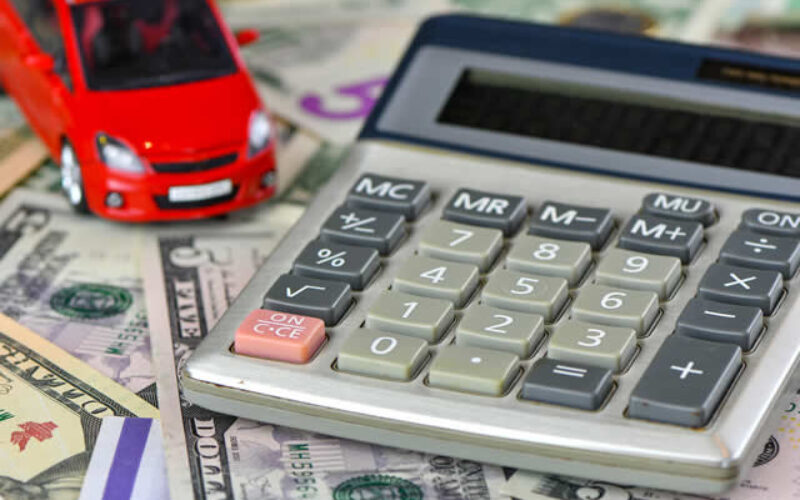
How much are you willing to spend on purchasing the car? Your budget informs the model, size and type of car.
Compare the price tags of the car you have settled on from various car dealerships and check that against the state of the car especially if it is a used car.
3. Make and Model
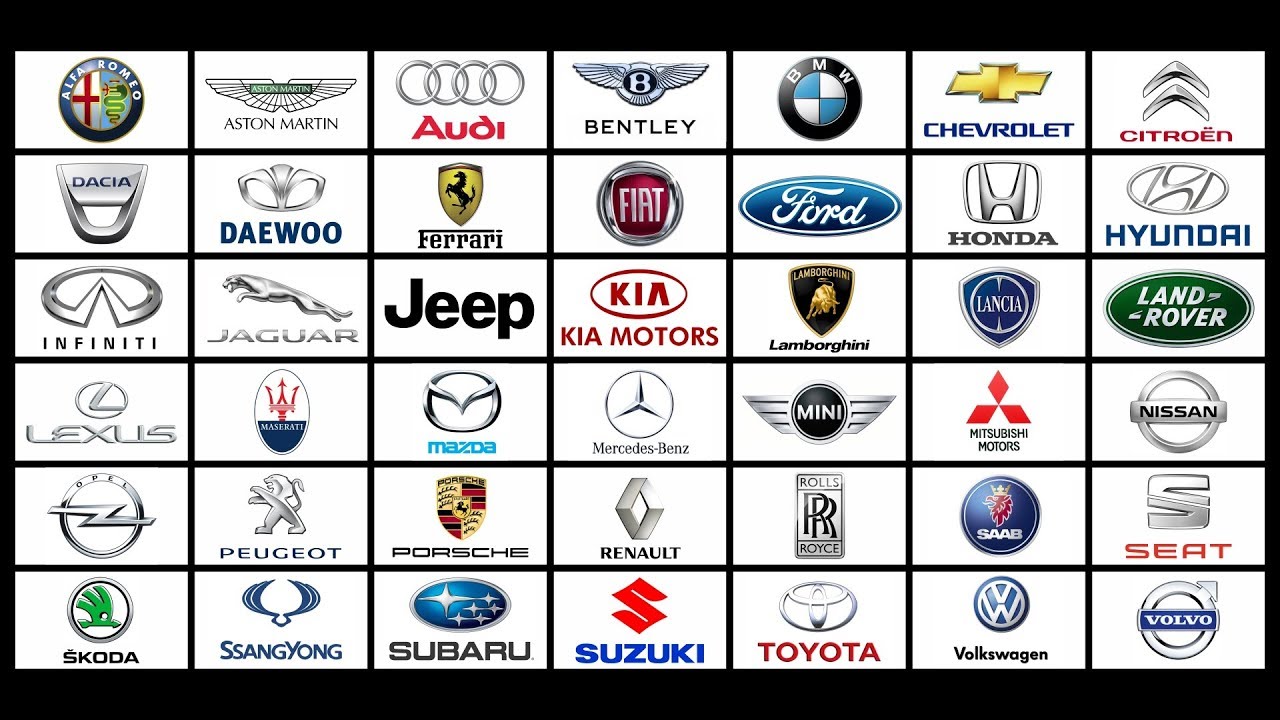
The make of a car is usually determined by the car manufacturer. In other terms, the make of the car is the brand.
Each car make has different models under it.
Let us look at examples of a car’s make/brand: Toyota and the model: Corolla. Another make: Volkswagen and model: Golf.
Choosing the make and model also helps with your budgeting.
4. Condition of the Car
It is important to consider the condition of the car if you are buying a used one.
The car should not have any mechanical issues, cosmetic defects, or any car with a branded title that denotes (salvage or flood).
The condition of a used car should determine the price tag because you must consider the time and cost of repairing it to your desired state.
5. Unbiased review
Gather information as much as you can about the cars whose prices are within your budget range.
The best way to get such information is by carrying an in-depth research online and offline. Research materials are nowadays available across many platforms on the internet, all you gotta do is get some internet connection.
A few examples include car review fora, YouTube channels, car manufacturers’ sites or even car blogs.
You may also get important information from experienced motorists and mechanics
6. Running costs
The make and model will determine the running costs of the car.
The running cost of a car includes but not limited to daily expenditure on the car or simply the amount it will cost you to operate the vehicle at its optimum.
The important factors to consider are fuel consumption, the rate of tear and wear and generally the cost of maintenance.
7. Reliability

From the research and review, you should be able to tell which make and model is reliable.
You do not want to get on a journey with your family or friends and the car breaks down at the worst possible place.
You have got to be sure that the vehicle you are buying is reliable and you have some confidence that you will get to your destination with no problems or incidents.
8. Cost of maintenance
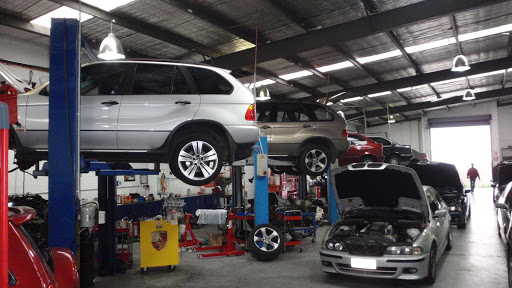
Any machine that is in use must at one point require servicing. This is what is known as maintenance.
Whenever service is done, the worn out and torn parts of the machine or for our case, the car are removed and replaced with new or better ones. The oil, oil filter and air filters are changed.
The wheels are also balanced and aligned for optimum handling. All these services and items come at a cost and usually at regular intervals.
Bear in mind that different makes and models require specific kinds of service, and the cost is also different.
You must know how much on average you are likely to spend on maintenance of your car.
Failure to maintain your car may render the car un-roadworthy therefore unsafe for you and other road users.
9. Insurance
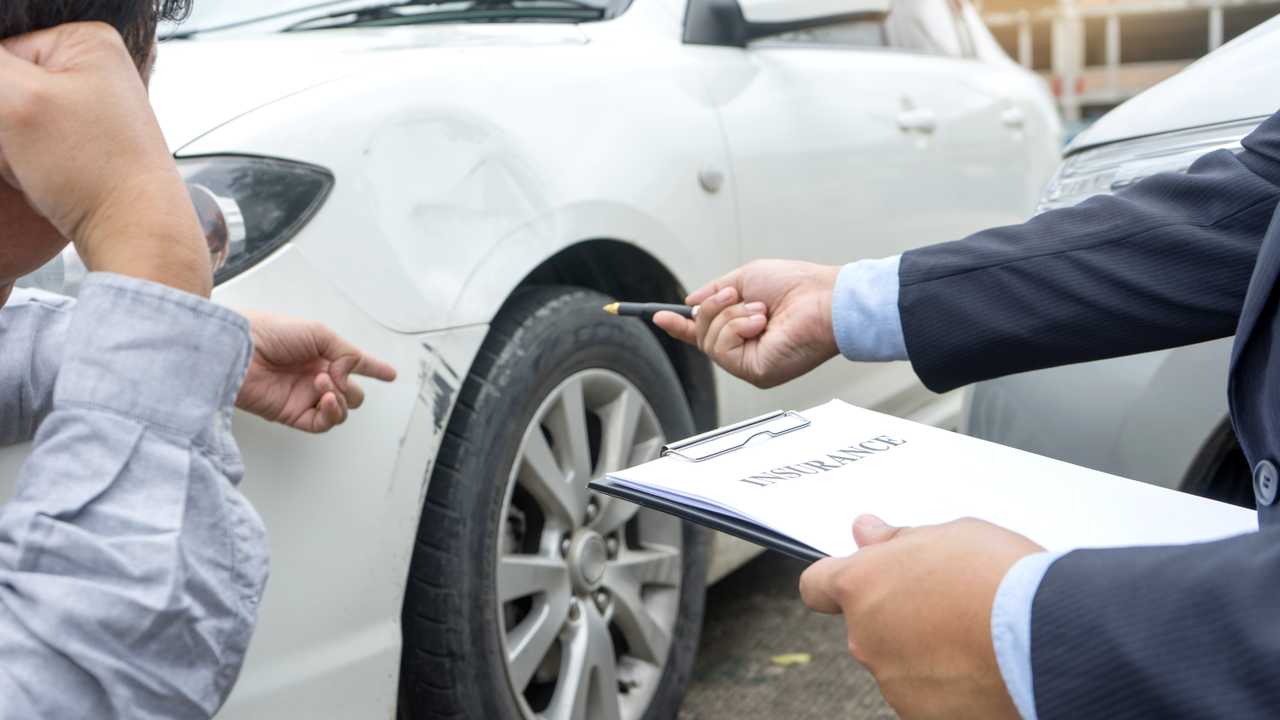
A car insurance ensures that your car, your passengers, other road users and you are protected against incurring costly expenses in the event of an accident, bodily injury, damage or loss of your car.
The make and model of a car determine the premiums you will pay for an insurance policy.
10. Depreciation
The difference or drop in price of your car in price from the day you buy it and what the car is worth when you want to sell is called depreciation.
Depreciation in value is bound to happen over time as a result of everyday use, wear and tear.
If you intend to sell your car at a later stage, then you must factor in the car’s depreciation.
Getting yourself a ride can be a very exciting thing and an achievement of some sort, depending on what you will use it for.
However, the purchase should be well informed and purposeful.
Buy a car that will make your work easier by helping you improve your efficiency and avoid unnecessary inconvenience.

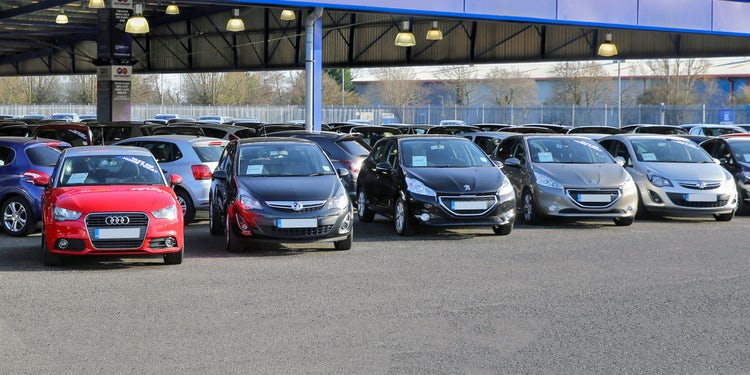



-1745506328.jpeg)
-1745263711.jpg)





